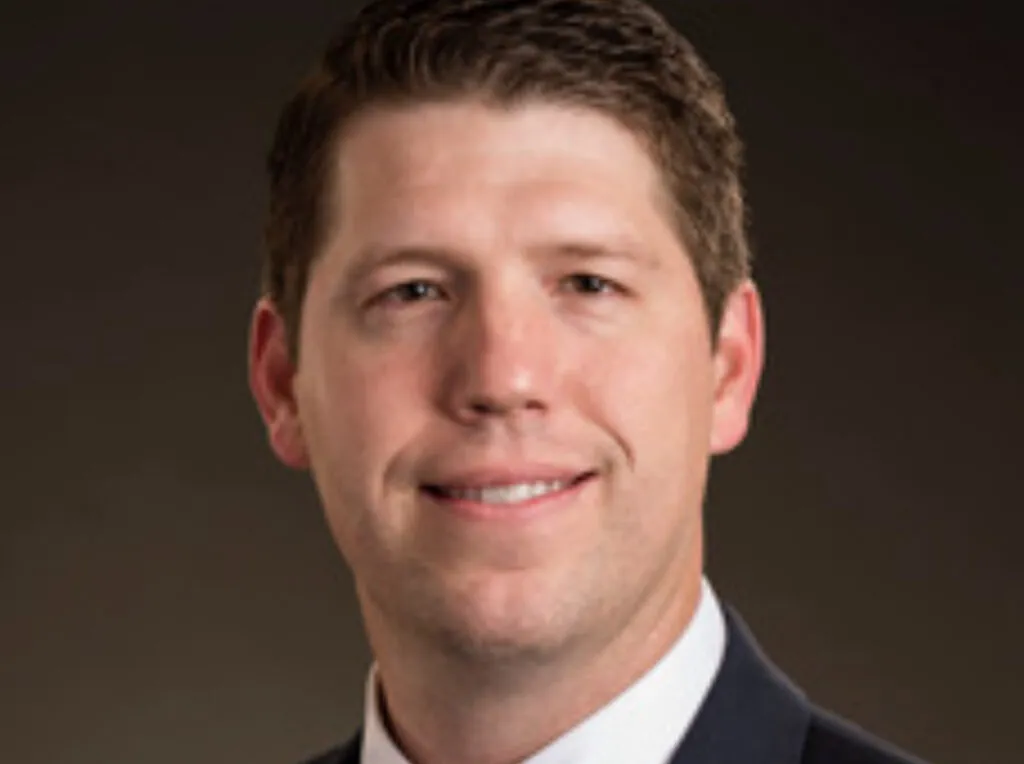The Pennant Group (Nasdaq: PNTG) has appointed a chief medical officer for the first time. Dr. Derrel Walker will serve in the role, which he calls a “developing” one.
Based in Eagle, Idaho, Pennant is a holding company with independent operating subsidiaries that provide health care services. It has 117 home health and hospice agencies and 54 senior living communities across 13 states.
Walker is a veteran at Pennant, which spun off from the Ensign Group (Nasdaq: ENSG) in 2019. He first joined the company as a medical director at one of its Idaho branches in 2011. After that, Walker began conducting house calls.
“We started doing the house calls, mobile palliative care, geriatric primary care work,” he told Home Health Care News’ sister site Hospice News. “We started to develop that process in 2014 through 2016 with pilot programs. I started to do visits at home and take my doctor bag and go sit on someone’s couch and talk them through how their health is doing, and that’s been a big portion of what I’ve done with Pennant over the past few years.”
Walker described his latest position at Pennant as a “developing role.”
“Pennant is an enigma in the health care system, because it’s not a top-down-driven company,” he said. “We’re a leadership company.”
Indeed, building a strong network of leaders across Pennant has been a key component of the company’s strategy. In recent years, Pennant unveiled its initiative to build a pipeline of 100 CEOs.
For Walker, entering patients’ homes as part of the house call process gave him better context to provide clinical services.
“To me, the main thing is the perspective of what you see and experience in the patient’s home,” he said. “It’s really difficult and different to sit in a clinic and see a patient and try to understand how to help them. You can prescribe, and you can do the tests and labs. But being in their home and seeing how their life is, and seeing who they are, it changes your paradigm significantly.”
Currently, the company’s mobile physician program — which incorporates palliative care — is top of mind for Walker.
“Our vision is to focus on completing the health care continuum in the home space,” he said. “My belief, strongly, is that palliative care is needed very early in a patient’s lifetime. The way we view it at Pennant is that the post-acute care continuum is still too siloed, and it still has too many gaps. So as we’ve designed our home visit programs, it’s been focused on what are those gaps, and how we fill them? Does a patient need palliative care, or do they need geriatrics, or do they need primary care? What is it that they need the most?”
Hospice News Senior Editor Jim Parker contributed to this report.




